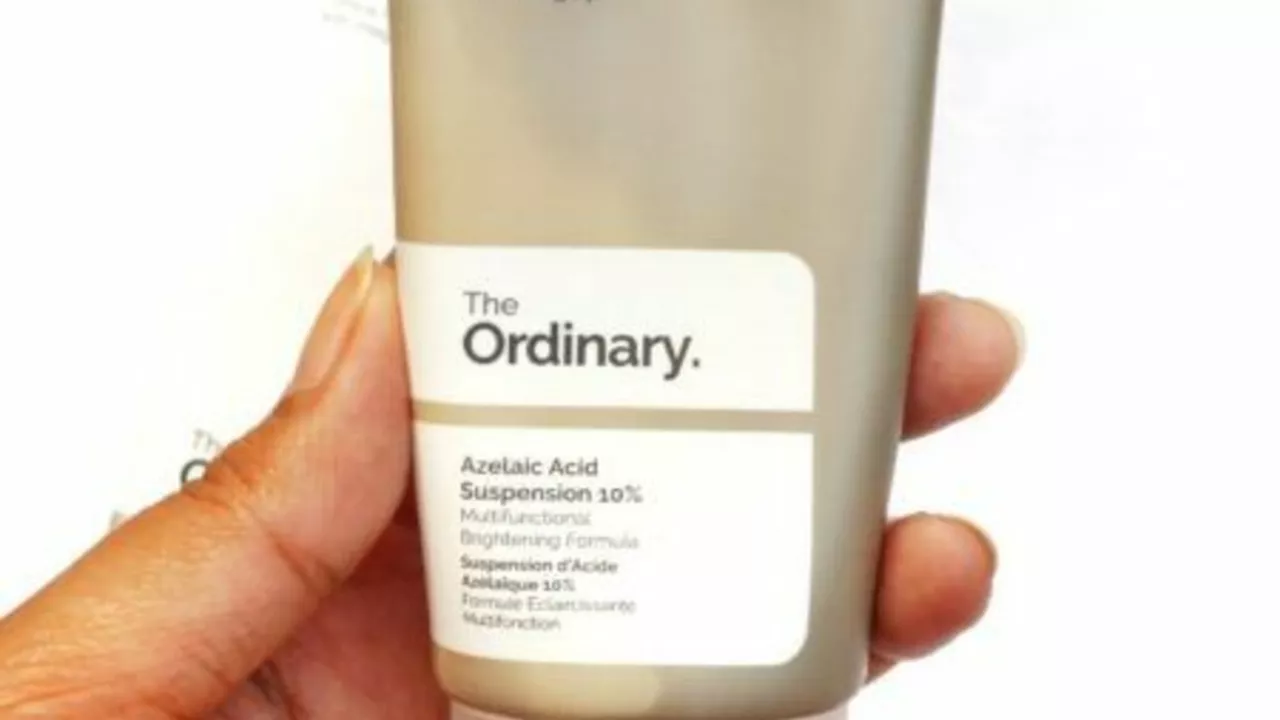Acne-Prone Skin: Simple Daily Care That Works
Got acne-prone skin? You don’t need a long list of products—just a few reliable steps you can stick with.
Cleanse twice daily with a gentle, pH-balanced cleanser. If you have oily skin, use a foaming or gel cleanser in the morning, and the same or a milder one at night.
Use active treatments where they help most. Salicylic acid clears pores, benzoyl peroxide fights bacteria, and topical retinoids speed cell turnover. Start one active at a time so you can see how your skin reacts.
Moisturize every day. Even oily skin needs hydration to avoid rebound oil production. Choose non-comedogenic, oil-free formulas labeled for acne-prone skin.
Wear sunscreen daily. Some acne treatments make skin more sensitive to sun. Use a mineral or oil-free sunscreen with at least SPF 30 and reapply if you’re outside for long periods.
Hands off. Popping, picking, and constant touching spread bacteria and make scars more likely. If you feel the urge, try a cold compress or a spot patch to reduce inflammation.
Change pillowcases and towels often. Oils and dead skin build up and re-expose your face to the same grime night after night.
Watch what you put on your face. Look for 'non-comedogenic' and avoid heavy creams and pore-clogging oils. Lightweight gels and water-based products are usually safer for acne-prone skin.
Quick daily routine
AM: Cleanse, apply a light treatment with salicylic acid or benzoyl peroxide if needed, moisturize, then sunscreen. PM: Cleanse, use a topical retinoid or treatment, moisturize. Add a clay mask or gentle exfoliant once a week, not more.
When to see a doctor & prescription options
Mild acne usually improves with over-the-counter fixes. See a dermatologist if you have painful cysts, widespread inflamed bumps, scarring, or nothing improves after 3 months. Prescription choices include oral antibiotics, hormonal treatments for women, topical prescription retinoids, and isotretinoin (Accutane). Isotretinoin works well but has serious side effects and strict monitoring—read our Accutane guide before considering it.
Be careful buying prescription meds online. Not all pharmacies are safe or legit. If you search for online pharmacies, look for proper licensing and a valid prescription requirement.
Small lifestyle moves help. Manage stress, get sleep, wash sweaty clothes after workouts, and test if dairy affects your breakouts by removing it for a month. Keep expectations real—skin needs time to respond.
Want more detail? Read our full Accutane guide for isotretinoin tips and side effects, and check product reviews on our site to find trusted cleansers and sunscreens.
Look for these ingredient labels: 'non-comedogenic', 'oil-free', 'fragrance-free'. Active ingredient notes: 0.5-2% salicylic acid for daily use, benzoyl peroxide 2.5-5% for spot treatment, and adapalene 0.1% as an accessible retinoid. If your skin dries or peels, cut back frequency and use a gentle moisturizer. For persistent or severe acne, ask your doctor about prescription options rather than ordering strong drugs without supervision. Want personalized tips? Talk to a dermatologist or use our site to find trustworthy resources and reviews. Start today.

